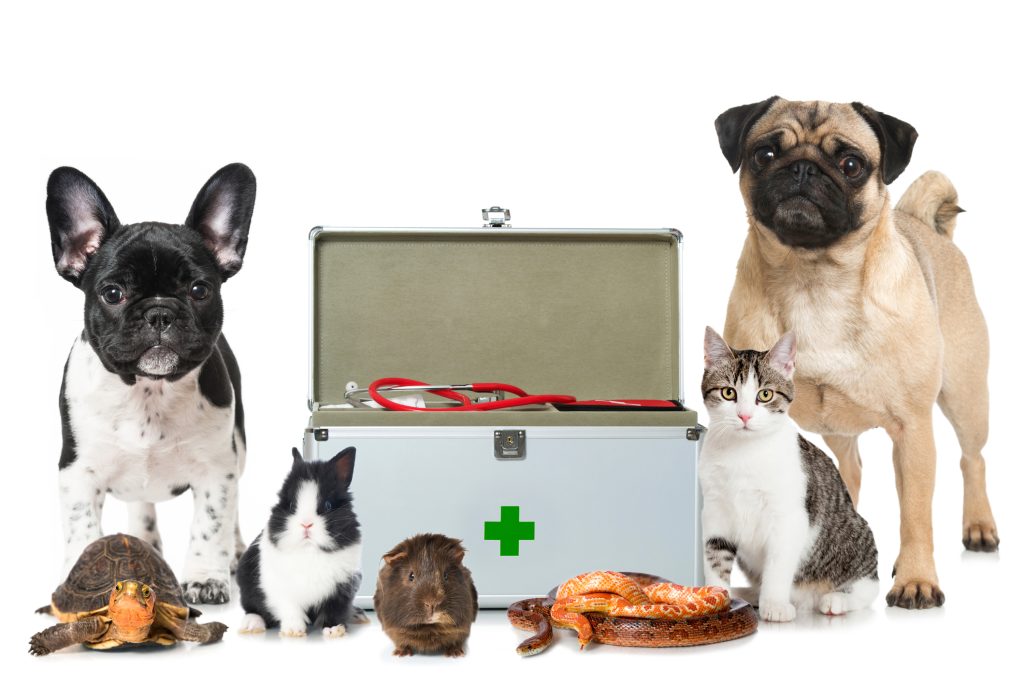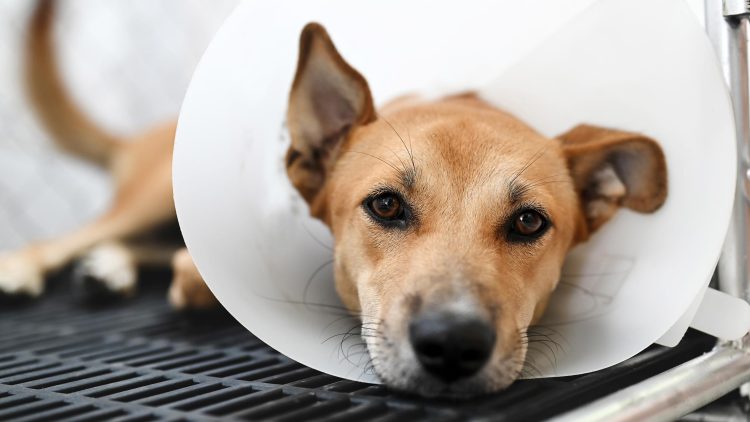Introduction: The Wisdom of Neutering
In the realm of pet ownership, many dog lovers cherish the companionship of their furry friends. However, some owners prefer to prevent their dogs from breeding. This brings us to the important decision of neutering. What are the benefits of this surgical procedure for dogs, and what considerations should owners keep in mind?
1. Health Benefits: Disease Prevention
Undergoing neutering offers numerous health benefits for dogs, significantly reducing the likelihood of various diseases. Male dogs can avoid prostate issues, while females are less susceptible to conditions like pyometra, ovarian cysts, and breast tumors. Notably, when performed on young pups, neutering can prevent the development of mammary tumors later in life, fostering overall health and longevity in our canine companions.
2. Reducing Disturbances: Hormonal Influences
Dogs that have not been neutered may face disruptions during their heat cycles, often attracting unwanted attention from other dogs. This hormonal upheaval can lead to behavioral changes, making it difficult for owners to control their pets. By choosing to neuter, owners not only alleviate the potential for disruption caused by other animals but also lessen the complications that arise from their dogs’ frantic behaviors during these times.
3. Enhanced Quality of Life
Neutered dogs tend to enjoy a higher quality of life. The process curbs the pressures of repeated breeding, allowing dogs to focus on their health and wellbeing. Freed from the responsibilities of raising a litter, they can engage more fully with their owners and surroundings, leading to a more fulfilling and stress-free existence.
4. Lifespan Extension: Neutering’s Impact on Longevity
Research indicates that neutering can lead to a longer lifespan for dogs. By reducing the risk of specific diseases and health complications, neutered dogs often enjoy a healthier life, contributing to their overall longevity. Therefore, the decision to neuter can have profound implications for the duration and quality of a dog’s life.
Post-Surgery Care: What to Monitor
1. Restrictions on Movement
In the immediate aftermath of neutering, it’s essential to limit your dog’s activity. Avoid exposing the surgical site to water, and ensure that you have anti-inflammatory medications on hand to aid recovery. Regularly clean the incision site to prevent infections.
2. Nutritional Adjustments
Once the surgical site begins to heal, consider providing a soft diet, such as goat milk, to facilitate their recovery. As they recuperate, ensuring a well-rounded diet can support faster healing.
3. Protective Measures: The Elizabethan Collar
To safeguard the surgical site from licking, it may be beneficial to use an Elizabethan collar. Licking can introduce bacteria to the incision, increasing the risk of inflammation and complications.

4. Managing Appetite
Post-surgery, many dogs exhibit increased appetite. It is crucial to monitor their food intake to prevent overeating and obesity, which can lead to health issues down the line.
5. Choosing Appropriate Dog Food
Selecting easily digestible dog food can ease the transition after surgery. Options such as specialty “neutered dog food,” rich in beneficial nutrients and with added ingredients like psyllium husk, can promote digestion and maintain an optimal weight.
6. Preventing Emotional Withdrawal
Neutering can sometimes lead to a change in temperament, with some dogs becoming more withdrawn. Owners should engage with their pets to promote positive interactions and prevent depression.
The Drawbacks of Neutering
1. Surgical Risks
As with any surgical procedure, there are inherent risks associated with neutering. Some dogs may experience adverse reactions to anesthesia, albeit rarely. It’s crucial to discuss these risks with your veterinarian before proceeding.
2. Social Dynamics
Dogs are inherently social creatures. Neutered dogs may be perceived differently by their peers, potentially causing issues in social settings. While some may see them as outcasts, many dogs adapt well and continue to engage socially.
3. Weight Gain Concerns
After neutering, hormonal changes can lead to weight gain if not properly managed. Dogs may gain weight easily, impacting their physical appearance and overall health. This emphasizes the importance of maintaining a balanced diet and regular exercise.
Conclusion: A Thoughtful Decision
While neutering presents both advantages and potential drawbacks, the benefits often outweigh the negatives. With proper care and nutrition, neutering can significantly enhance a dog’s quality of life, longevity, and health. For owners who wish to prevent breeding, timely neutering is a responsible choice that fosters a happier, healthier life for their canine companions.























































